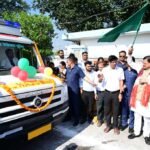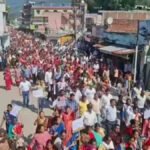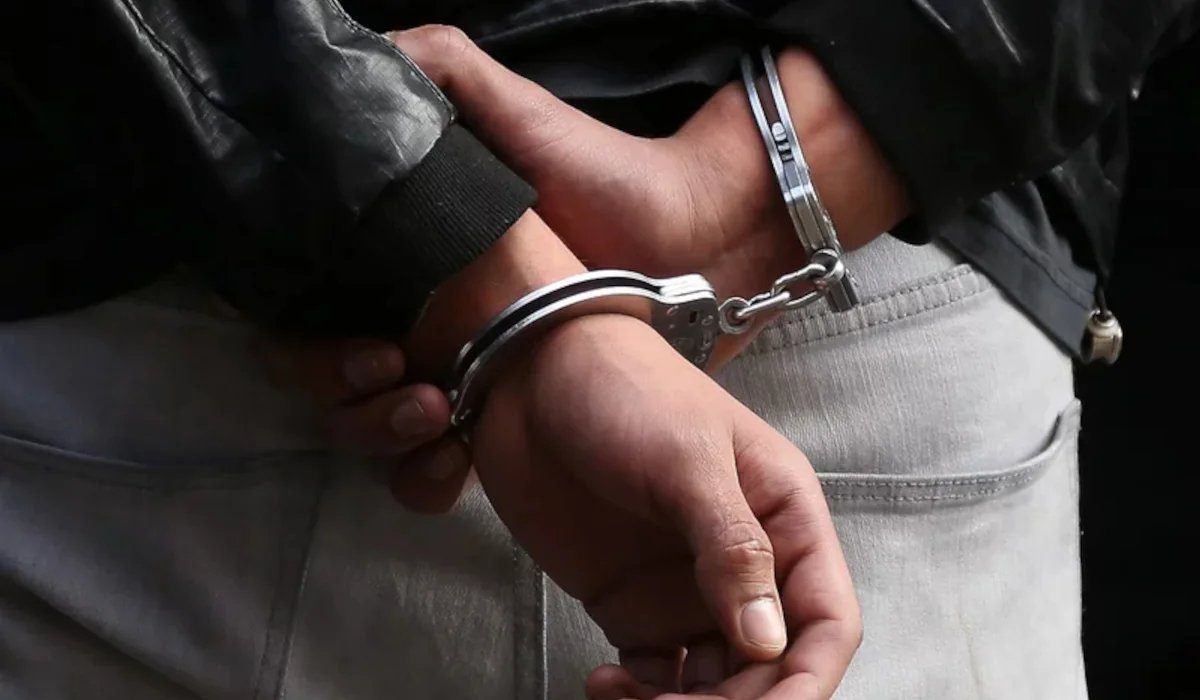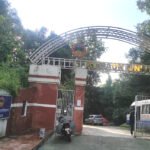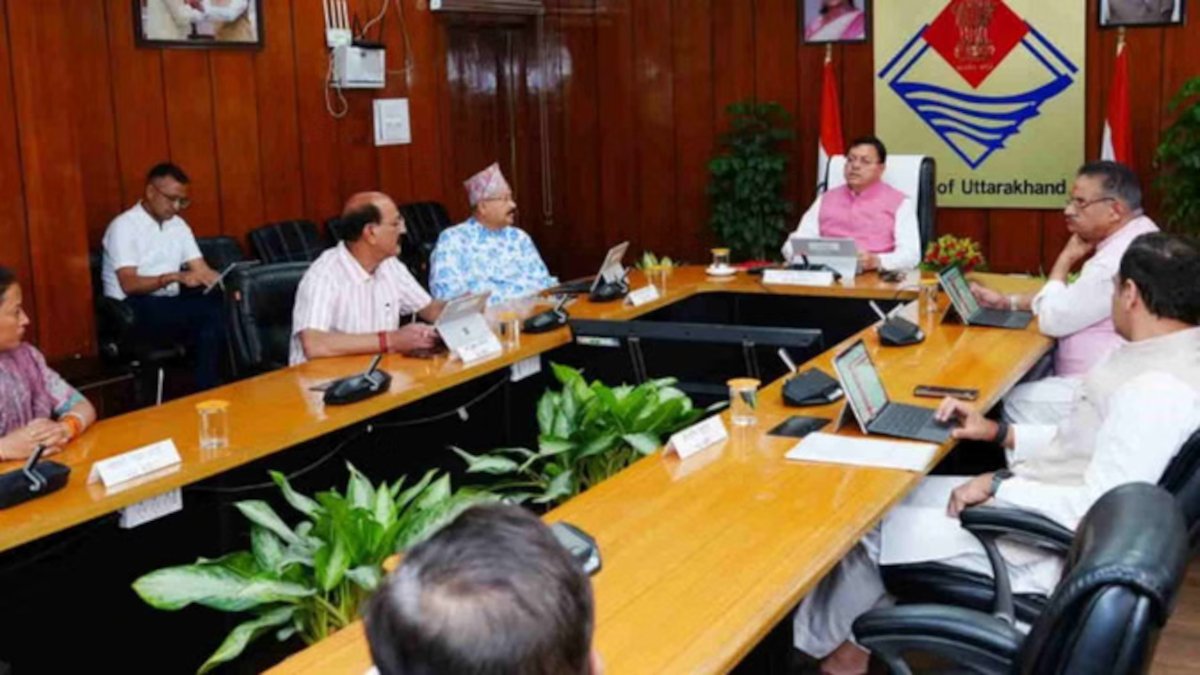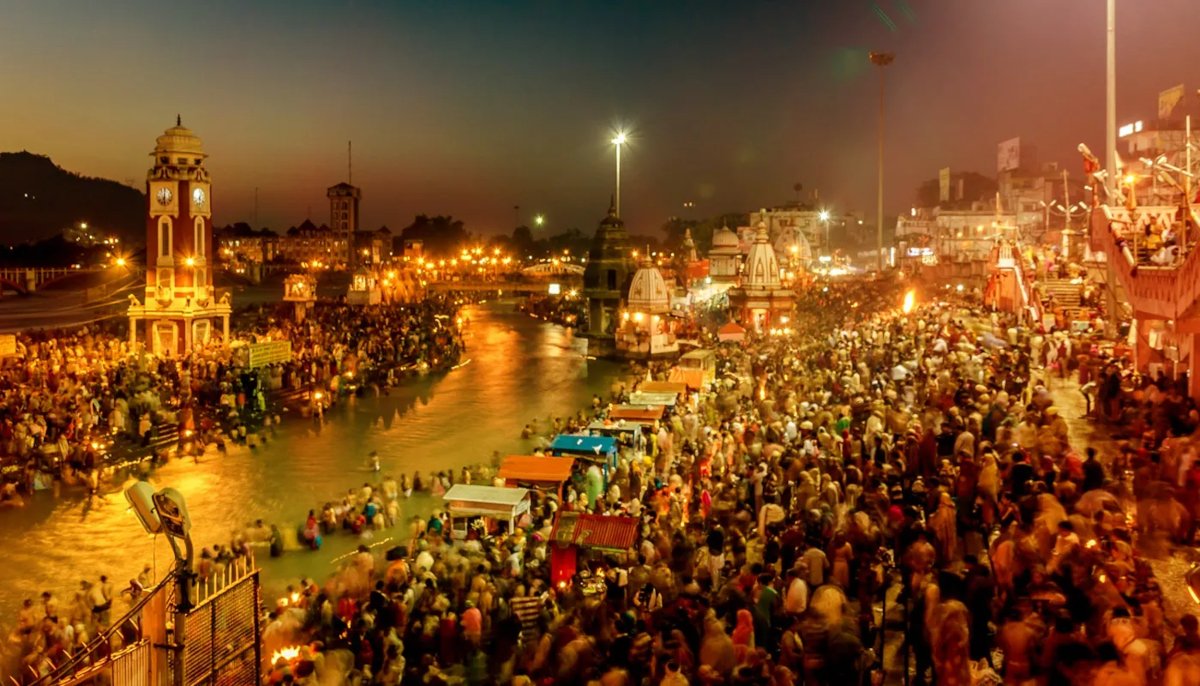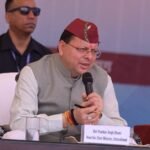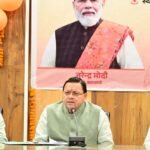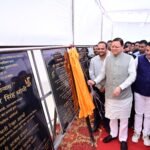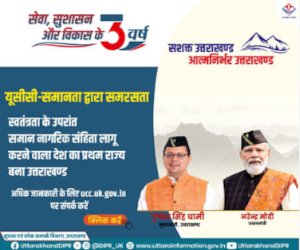The Uttarakhand Pollution Control Board (UPCB) has formulated an action plan to deploy drones for spraying water in major cities of the state to combat rising air pollution during the Diwali and winter season. The move comes as part of a broader strategy to control smog and dust levels that typically spike in October and November due to weather changes, vehicular emissions, and festive activities.
Our correspondent reports that the Pollution Control Board will initiate drone-based water spraying in Dehradun, Haridwar, Haldwani, Rudrapur, and Kashipur, where air quality tends to deteriorate during the festive period. The initiative aims to reduce the concentration of fine particulate matter (PM2.5 and PM10) suspended in the air, which causes poor visibility and health issues.
The Board has also decided to strengthen air-quality monitoring across these urban centres. Senior officials said that water-spraying drones will be deployed as an emergency measure when smog or dust pollution exceeds safe limits. The drones will operate over congested market areas, highways, and industrial zones to help settle dust particles and improve air quality.
Our correspondent adds that each drone will be equipped with a 10-litre water tank and will make multiple short flights over identified pollution hotspots. The operation will be conducted with the help of trained drone operators, and in some cases, private drone agencies may also be hired to assist in large-scale spraying efforts.
Officials from the Pollution Control Board said that the Agriculture Department will also provide technical assistance, as it already uses drones for crop spraying and environmental monitoring. The combined effort will ensure that resources are optimised and implementation remains efficient.
The Board has planned to start the aerial spraying operation before Diwali, as the burning of crackers and festive traffic often lead to a temporary spike in pollution levels. The measure is also expected to help in areas where construction activity and dust from roads contribute significantly to local air contamination.
A senior official from the Board stated that last year’s pilot experiment in Dehradun city had shown encouraging results. Drone spraying over busy junctions and construction sites had led to a measurable improvement in short-term air quality readings. Based on that success, the Pollution Control Board decided to expand the initiative across more districts this year.
Our correspondent reports that besides drone deployment, the Pollution Control Board has issued advisories to local bodies and residents to avoid open burning of waste and minimise the use of firecrackers. Municipal corporations have been instructed to intensify mechanical sweeping and water sprinkling on roads, particularly during early mornings and late evenings when smog formation is highest.
Environmental experts have welcomed the initiative but also cautioned that drone spraying should be treated as a temporary mitigation step rather than a permanent solution. They suggested that long-term measures such as reducing vehicular emissions, controlling construction dust, and promoting cleaner fuel alternatives are essential to achieve sustainable air quality improvements.
The Board said it will monitor air quality levels in all participating cities before and after the Diwali festival to evaluate the effectiveness of the new strategy. A dedicated control room will be established to coordinate with district administrations and respond promptly to pollution alerts.
Citizens have been urged to cooperate with authorities by following air-quality advisories, reducing vehicle use during peak hours, and avoiding activities that worsen local pollution.
Officials assured that the Pollution Control Board remains fully committed to protecting public health and will take all possible steps to ensure cleaner air during the festive season.




